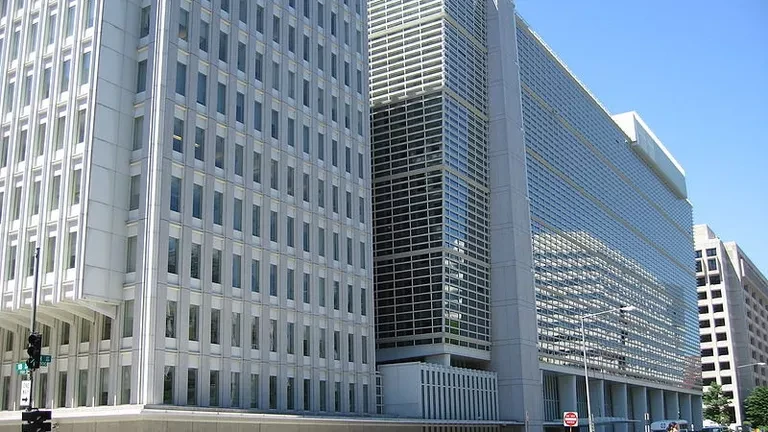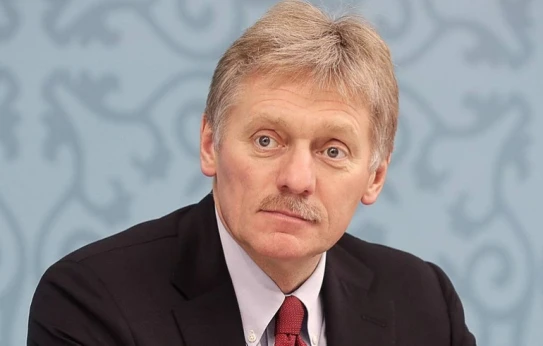The World Bank has raised its forecast for Russian economic growth



Peskov. Russia needs a world where its interests are fully protected
As a result of a fire in a residential building in the center of Moscow, 35 people were evacuated (video)
In Russia, it is proposed to allow the deportation of migrants by court order to avoid medical examination
22 Ukrainian ATS were shot down in the sky of Russian territory at night. Ministry of Defense of the Russian Federation
The perpetrator of the assassination attempt against General Alekseev was arrested. Who is he (video)
A child swallowed a 14 cm long spoon (Photos)
Suspects of the Russian intelligence general's assassination attempt were arrested
The man attacked students and a police officer in the university dormitory. Ufa
If Macron really wants to have a serious conversation with Putin, he should just call. Lavrov
Zakharova warned Great Britain about possible damage to ships
Russian air defense systems destroyed 64 Ukrainian drones tonight
Zakharova accused the European Union of "robbery".
The only goal of the EU is to spoil the relations between Russia and Armenia. Zakharova
Putin announced to intensify the pressure along the entire front line (video)
Europe increased Russian gas purchases despite plans to quit
Kyiv interrupted the negotiations in Istanbul. Peskov
A 6.3-magnitude earthquake occurred in Russia
After riots in Moscow, about 40 migrants are accused of hooliganism
A 65-year-old woman is accused of large-scale fraud
Baptist Bishop Proshyan was detained for 2 months